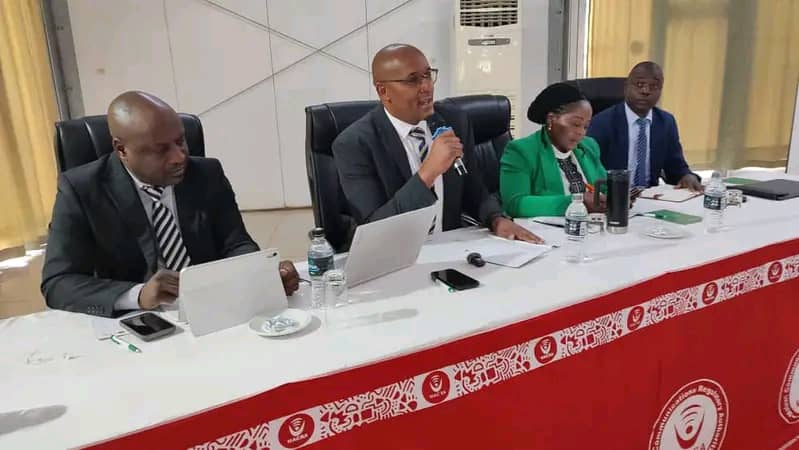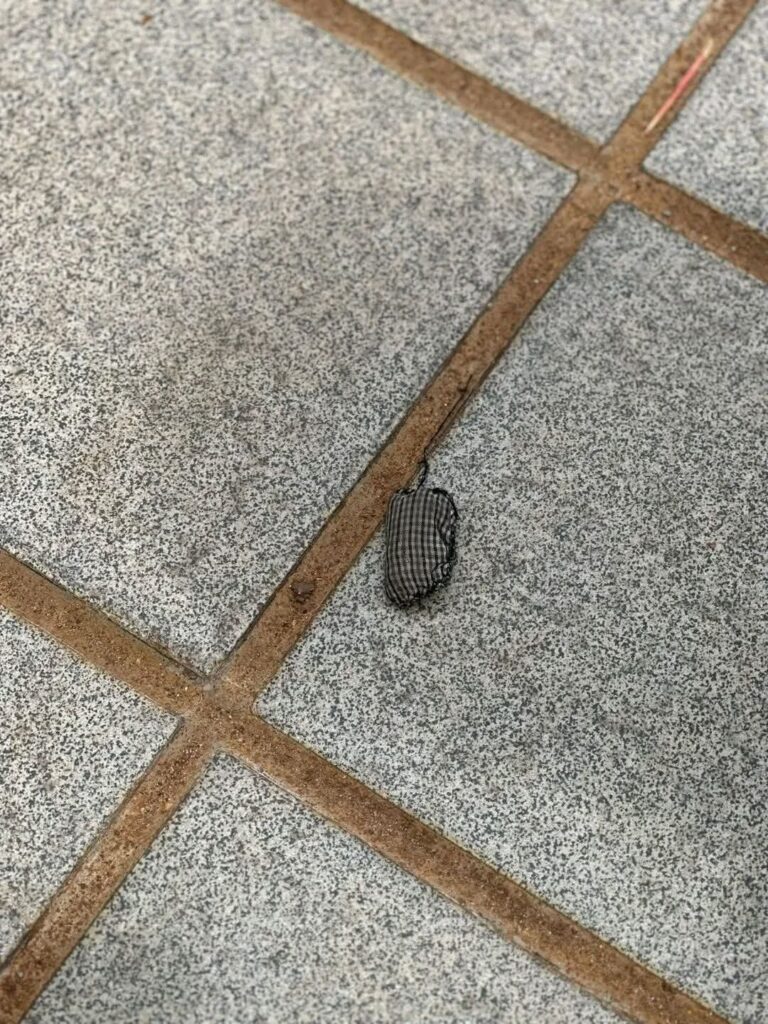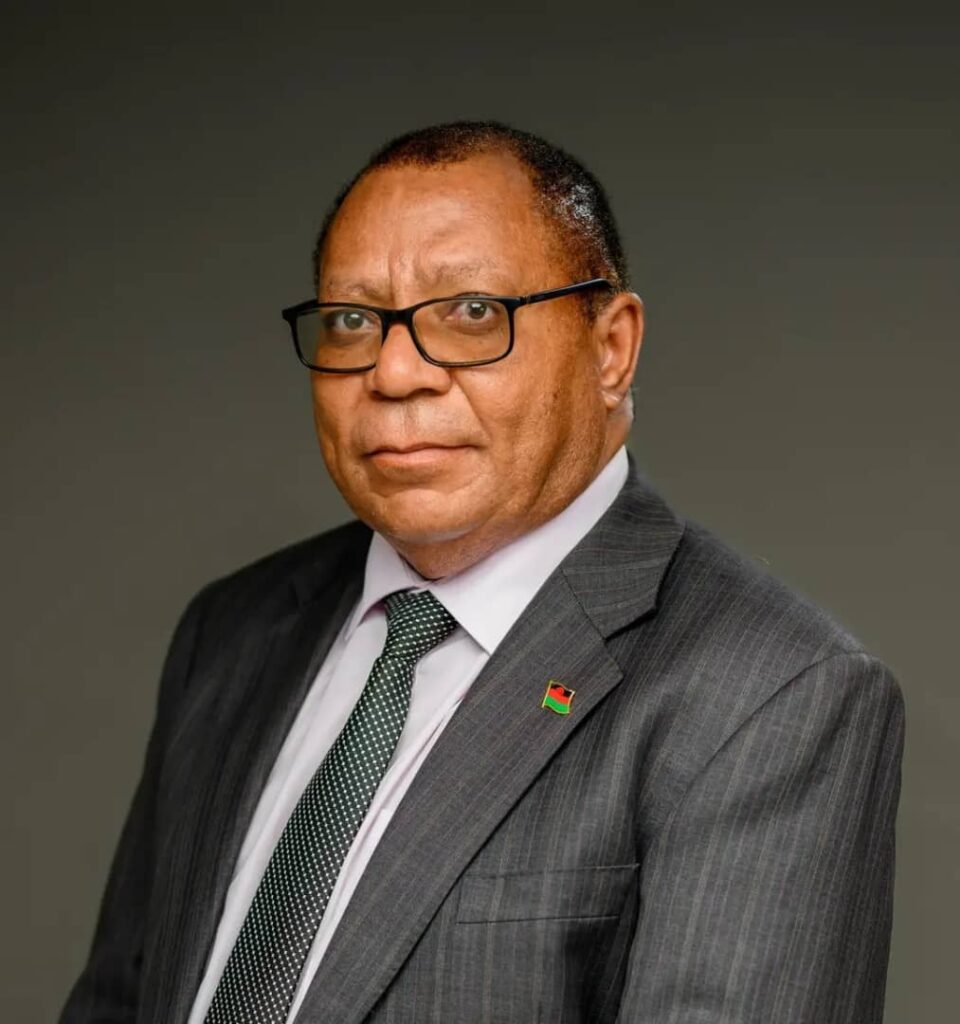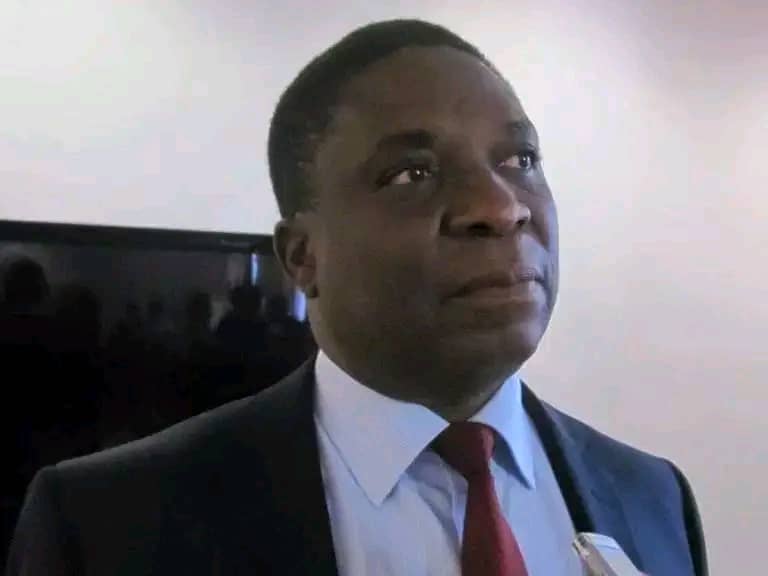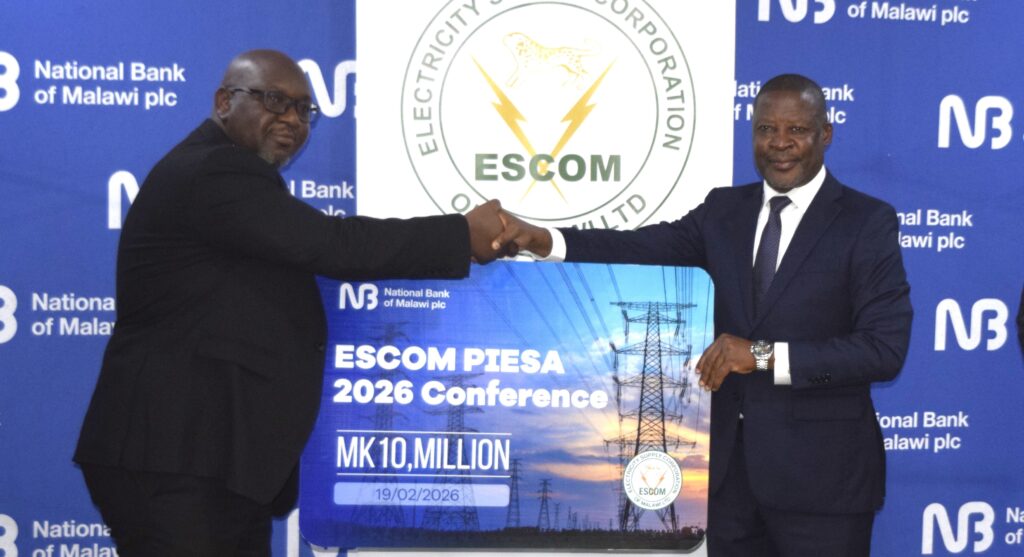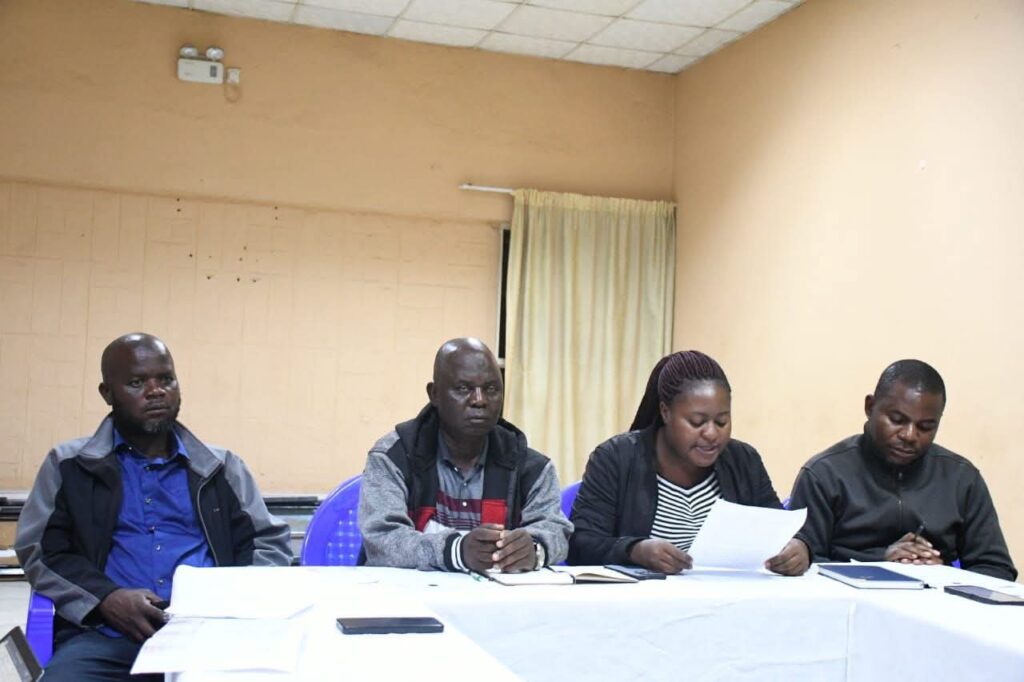By Burnett Munthali
The Malawi Communications Regulatory Authority (MACRA) Director General, Daud Suleman, has defended the institution’s decision to procure an advanced system from HASHCOM Ghana Ltd aimed at analyzing trends of misinformation on public internet platforms. Speaking at a press briefing in Lilongwe today, Suleman clarified that the system is not designed for digital surveillance of private conversations but is essential for combating fake news, which he described as a growing threat to Malawian society.
Suleman explained that the system would play a critical role in identifying and addressing the spread of fake news, ensuring that the digital space is used responsibly. He emphasized that this step aligns with MACRA’s mandate to protect the public and promote the proper use of digital platforms.
“The country needs this system to fight fake news and protect Malawians. It is about creating a digital environment that fosters trust and safety for all users,” Suleman said.
The MACRA boss expressed surprise at criticism from certain quarters questioning the timing of the procurement due to Malawi’s current economic challenges. Suleman equated calls to halt the procurement with suggestions to halt essential operations, such as paying employee salaries, highlighting the critical nature of the investment.
“Barring procurement of the system is like saying MACRA should not pay salaries for employees. We cannot compromise on investments that are crucial for our operations and future growth,” he argued.
Suleman also pointed out that MACRA is in a strong financial position, with the system being part of a broader strategy to sustain profitability. He disclosed that the institution projects a profit of K13.5 billion this year, with expectations to generate K20 billion in the next financial year.
“Why is no one talking about MACRA making huge profits after such investments? These systems are what enable us to grow and remain a healthy institution,” he said.
Suleman further revealed that the misinformation detection system is not the only significant investment being undertaken by MACRA. He assured stakeholders that these initiatives are aimed at ensuring the regulatory authority continues to deliver on its mandate effectively while maintaining financial sustainability.
While MACRA’s justification highlights the system’s potential benefits, public opinion remains divided. Critics argue that the timing of the procurement is tone-deaf, given Malawi’s economic struggles. Others have raised concerns about privacy, fearing that the system could be misused despite Suleman’s assurances to the contrary.
On the other hand, proponents of the initiative see it as a necessary step in combating the harmful effects of misinformation, particularly in an era where fake news can undermine public trust, fuel social unrest, and disrupt governance.
MACRA’s decision to procure the HASHCOM system underscores the growing importance of addressing digital misinformation. As debates continue, the institution’s ability to balance public concerns, financial priorities, and operational mandates will be pivotal in shaping the perception and impact of this investment.
Moving forward, MACRA may need to enhance transparency around the system’s implementation to allay public fears about potential misuse and ensure that it delivers on its stated objectives without infringing on individual privacy.
This development marks a significant moment in Malawi’s digital governance landscape, with far-reaching implications for how the country navigates the challenges of the information age.
- BREAKING NEWS: Drama in Parliament as Speaker Orders Owner of ‘Charm’ to Come Forward
- RBM Governor Rallies Banks to Fund Real Economy as Malawi Faces Economic Headwinds
- Kalindo says the cry for passports continues in Malawi
- Kamangila says Mutharika will be the greatest President in Africa
- BMTV, Ntanyiwa joins hands for foot soldiers concerns to Mutharika
- Limpopo FM urges Malawians to protect K7 trillion to corrupt Judges
- NBM plc supports ESCOM PIESA conference with K10 million
- Jatta Rallies Africa to Unite as He Makes Historic Address to Malawi Parliament
- Kamangila Explodes Over New Tax Plans, Says MRA Failures Are Bleeding Malawi Dry
- Pension Fund Hotel Deal Sparks Transparency Storm as Price Balloons by K100 Billion
- Muslims urged to embrace Ramadan with generosity and prayer
- FDRD Slams Trial by Public Opinion, Demands Respect for Rule of Law

